In the throes of a crisis no one can evade, Pope Francis says, people typically wonder whether they’ll survive. But simply surviving a crisis is not enough to ensure a better future – either for yourself, or others. Certainly, people – and institutions – won’t emerge the same as they were before the pandemic; they may be better, but they may be worse. The pope cautions that the coronavirus pandemic isn’t the only crisis afflicting the world, which also faces “hidden pandemics” such as poverty and climate change. He hopes COVID-19 offers people the opportunity to “dream big” and reconsider what matters most.
People don’t emerge from crises the same as they were beforehand.
In the gospels, Jesus says that Satan disrupts people’s lives in profound ways. A crisis like the coronavirus pandemic has much the same effect. It challenges people’s understanding of the world and their ways of operating within it. The Covid crisis may feel unique but, in fact, it is just one of many equally dire crises humanity faces today.
In crisis, people tend to worry mostly about how and whether they’ll survive. In biblical terms, crises are trials that test people. People glide through easy, ordinary times smoothly and without reflection, but crises reveal their true selves – and they emerge better or worse.
To grasp the world’s truth, look at the “margins.”
Thinking about the world in its entirety overwhelms most people.The world is full of violence, hunger and misery. Rather than trying to grapple with the full picture, consider the world in specific, concrete ways. See those who are suffering as real people, not just as people-groups or numbers, and try to gain a sense of their hopes and challenges.








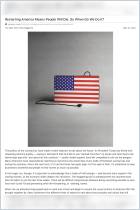
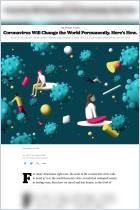
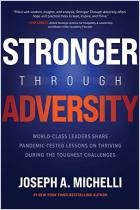
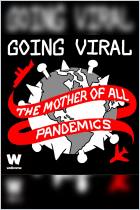
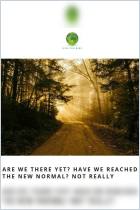
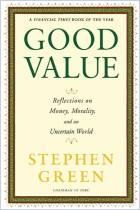
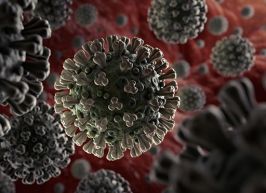

Comment on this summary or Start Discussion